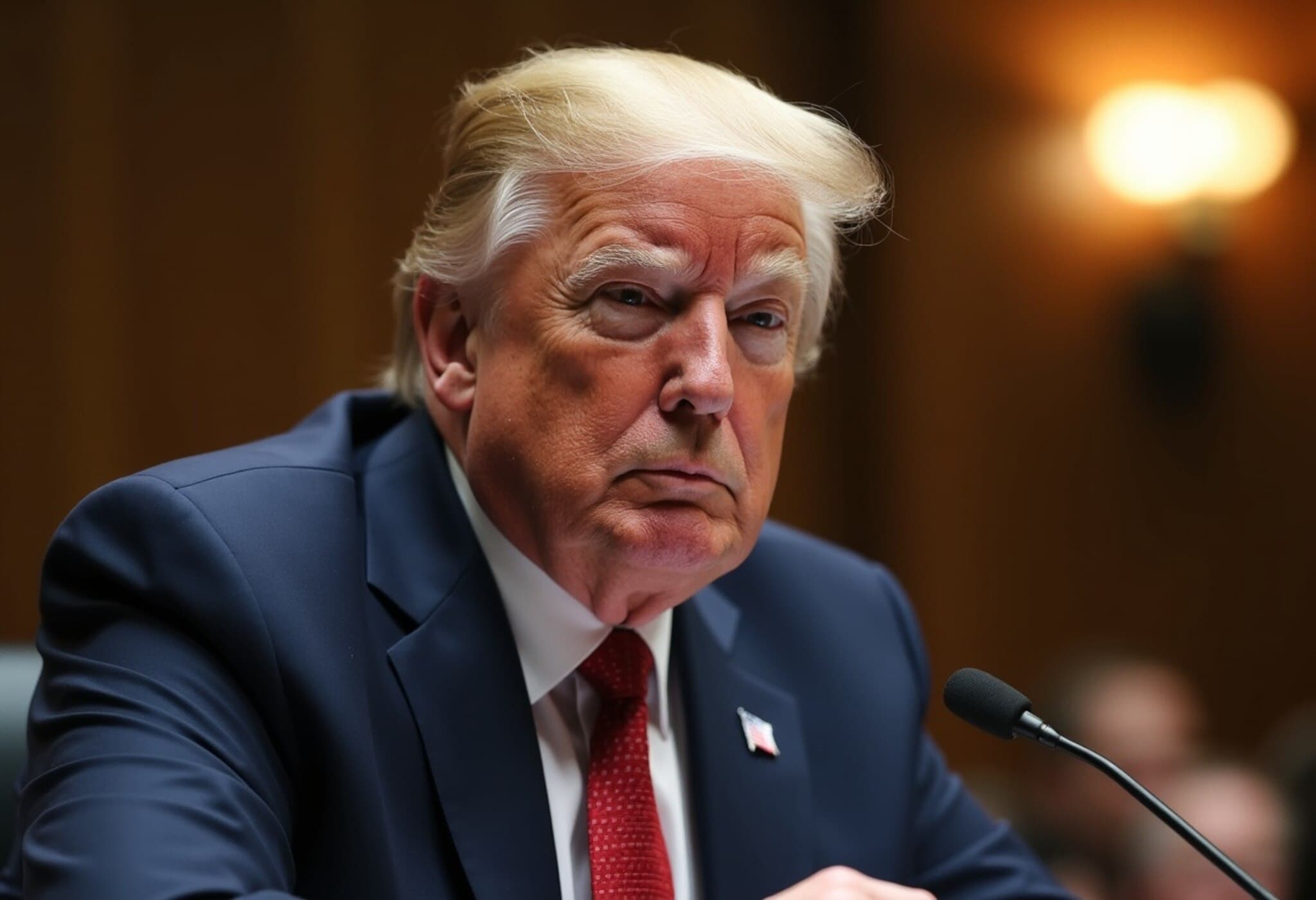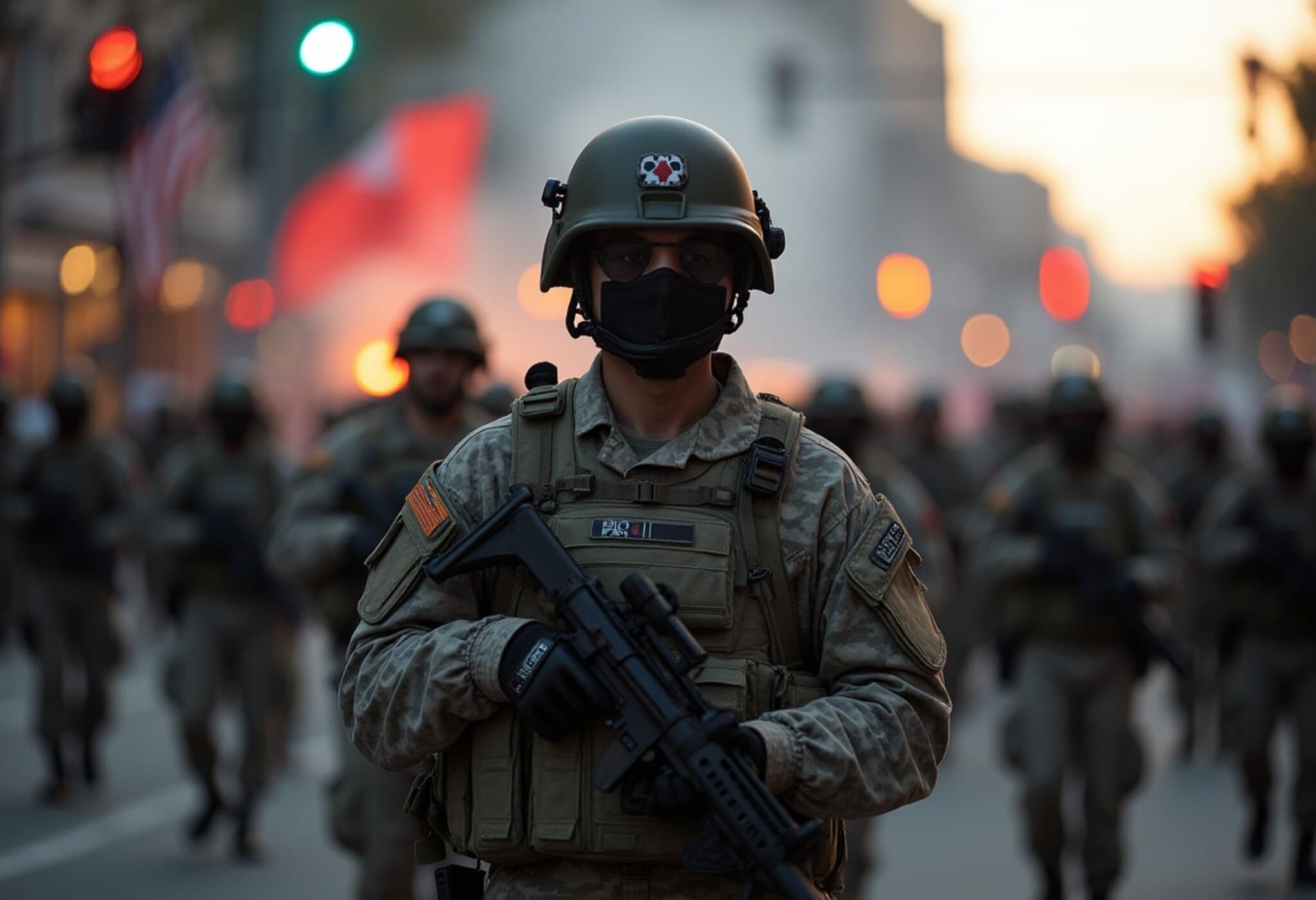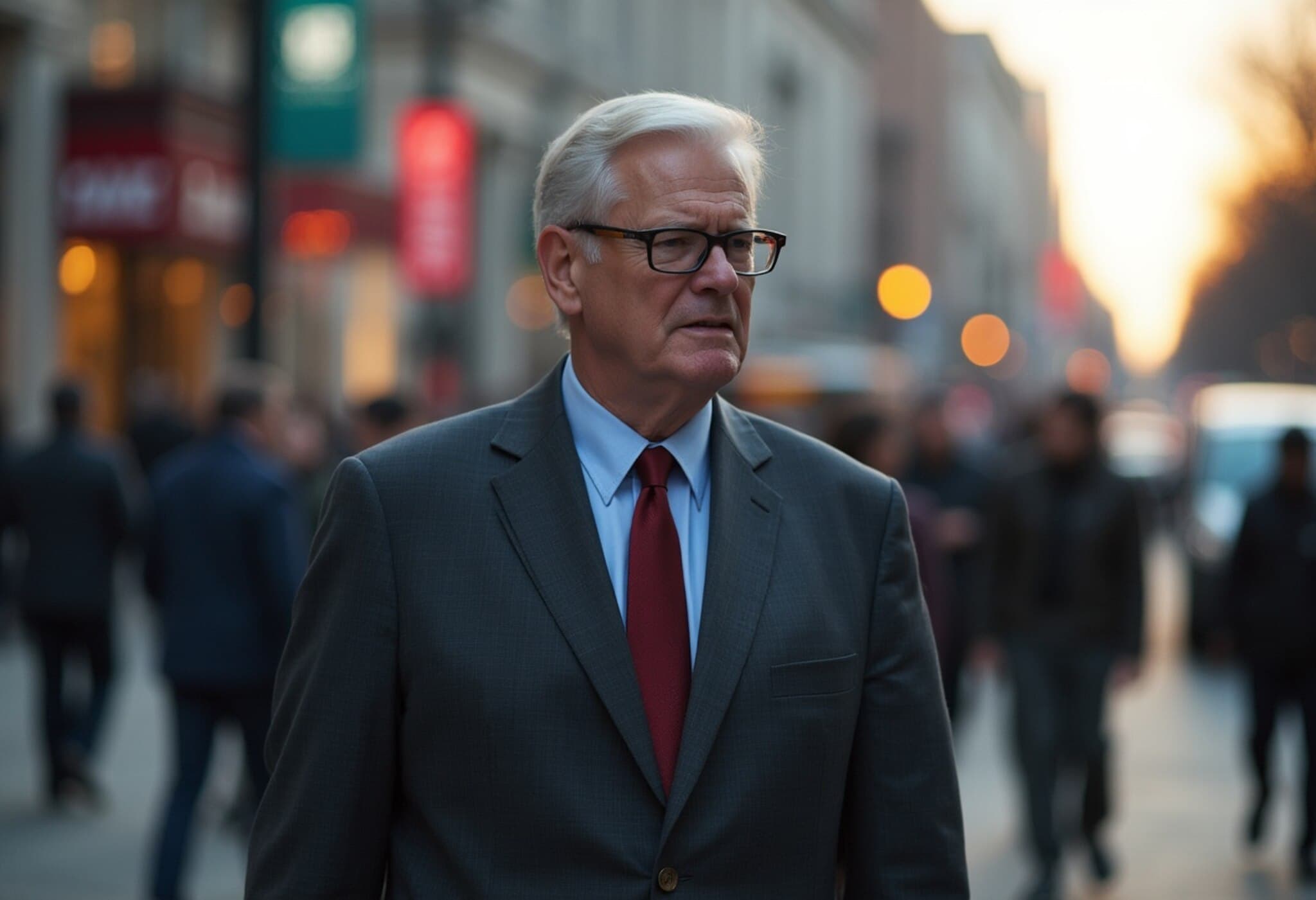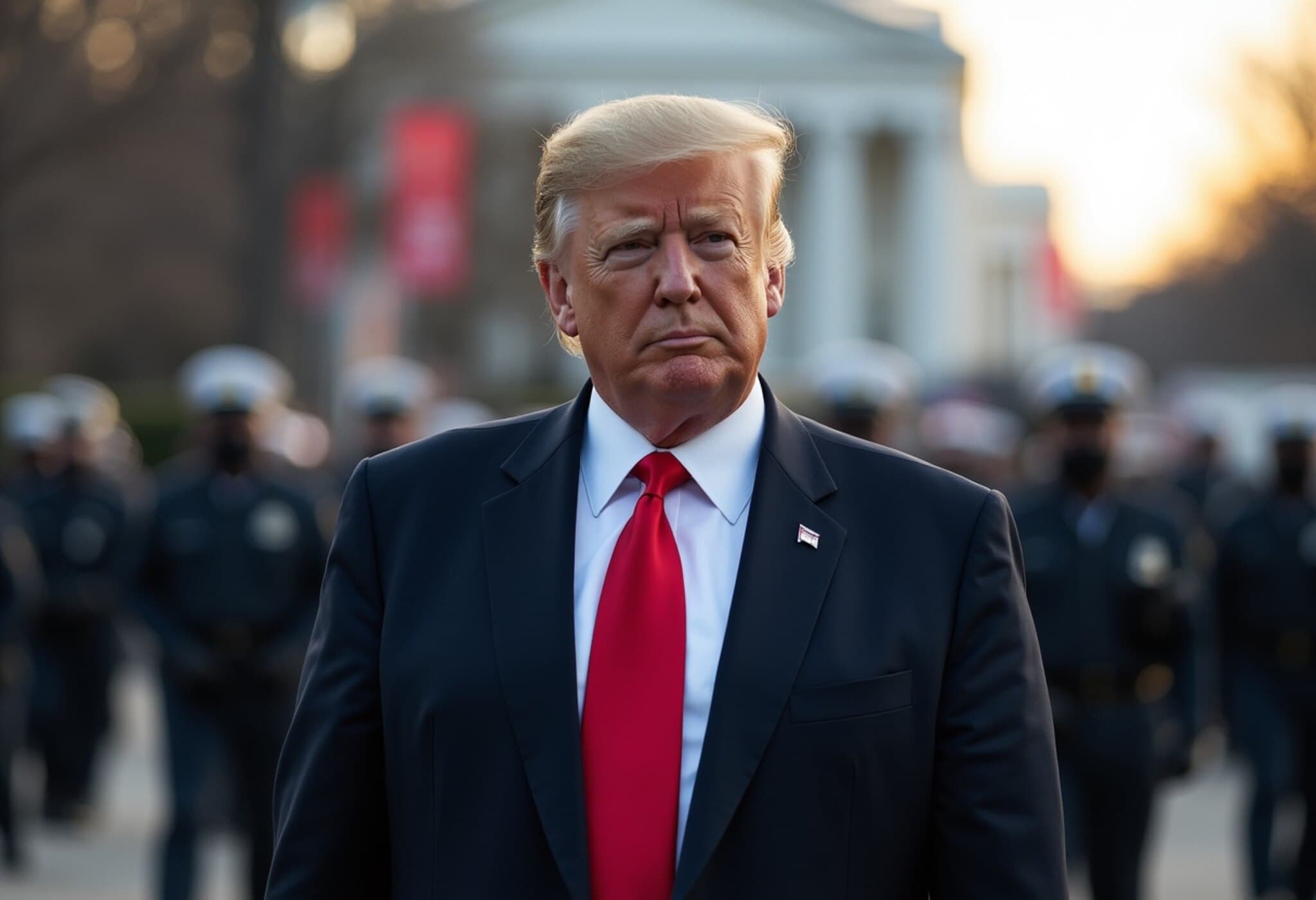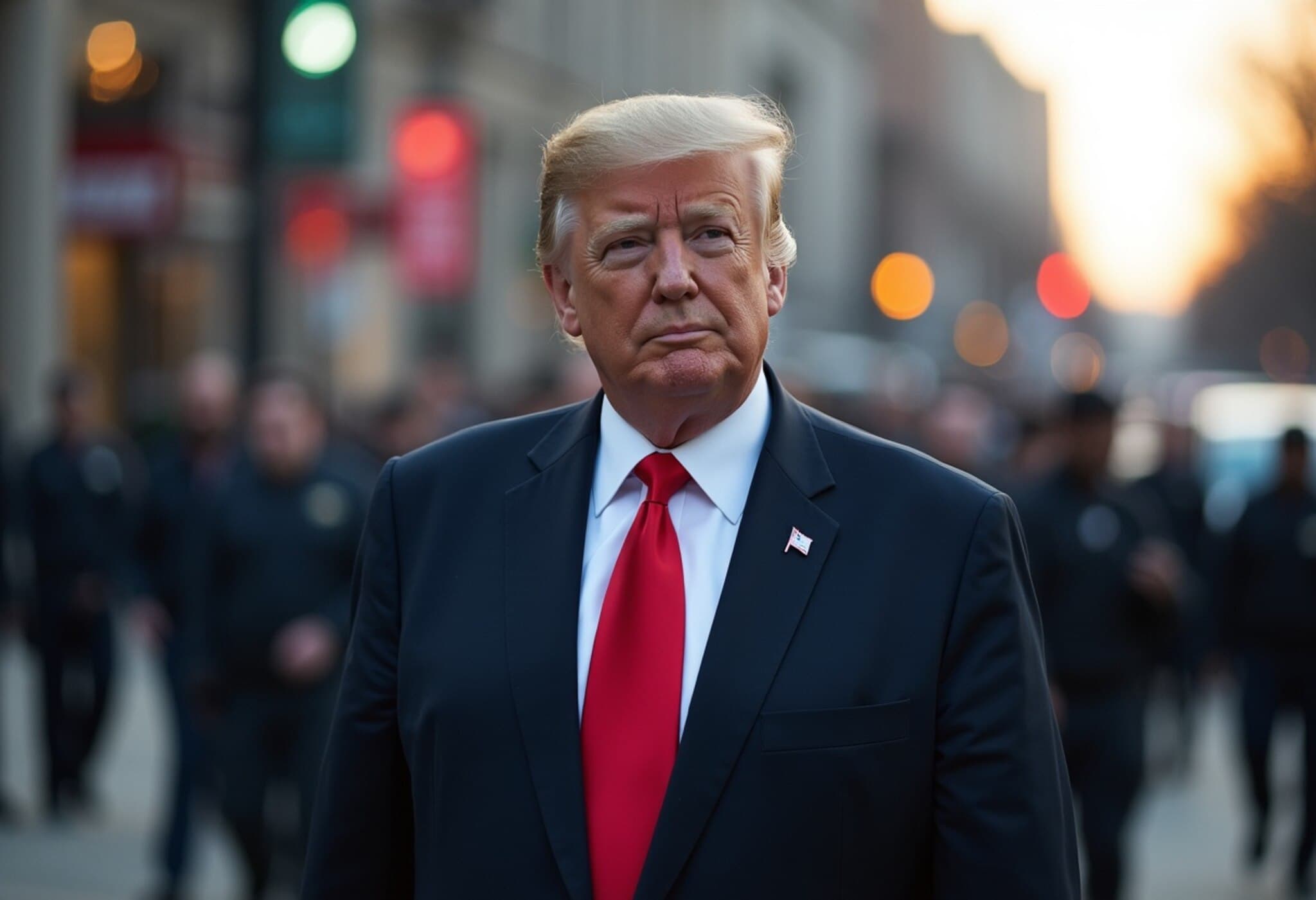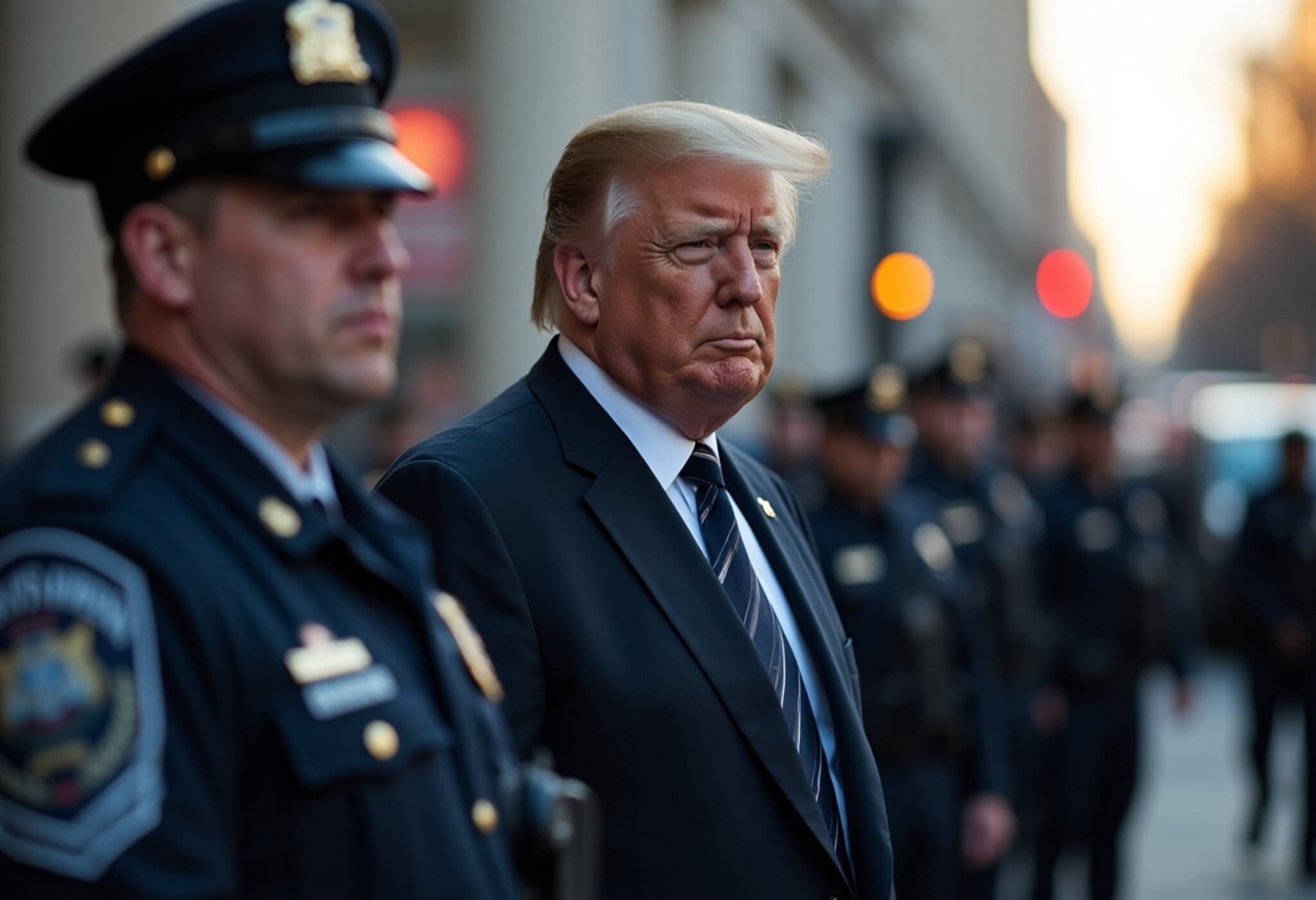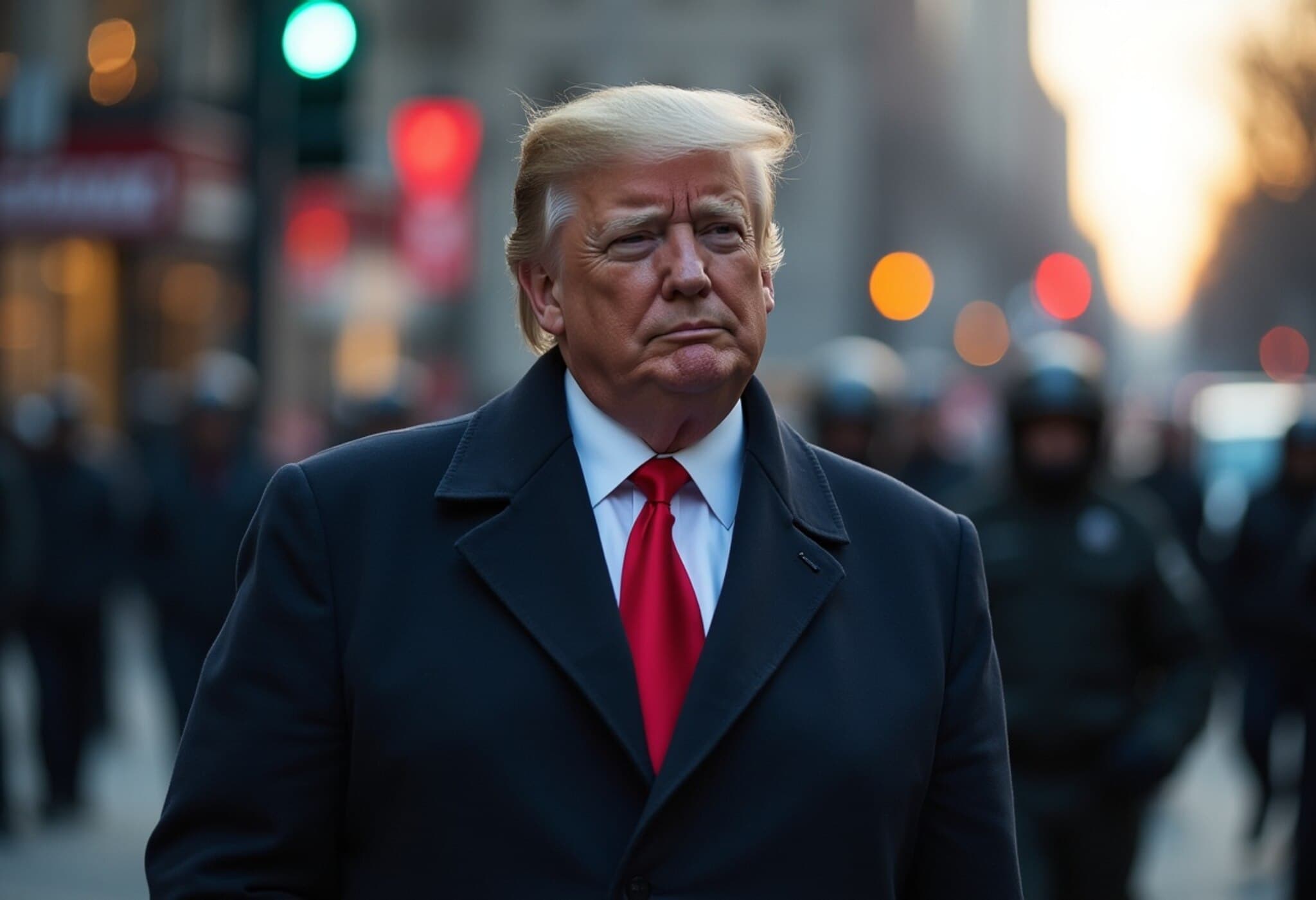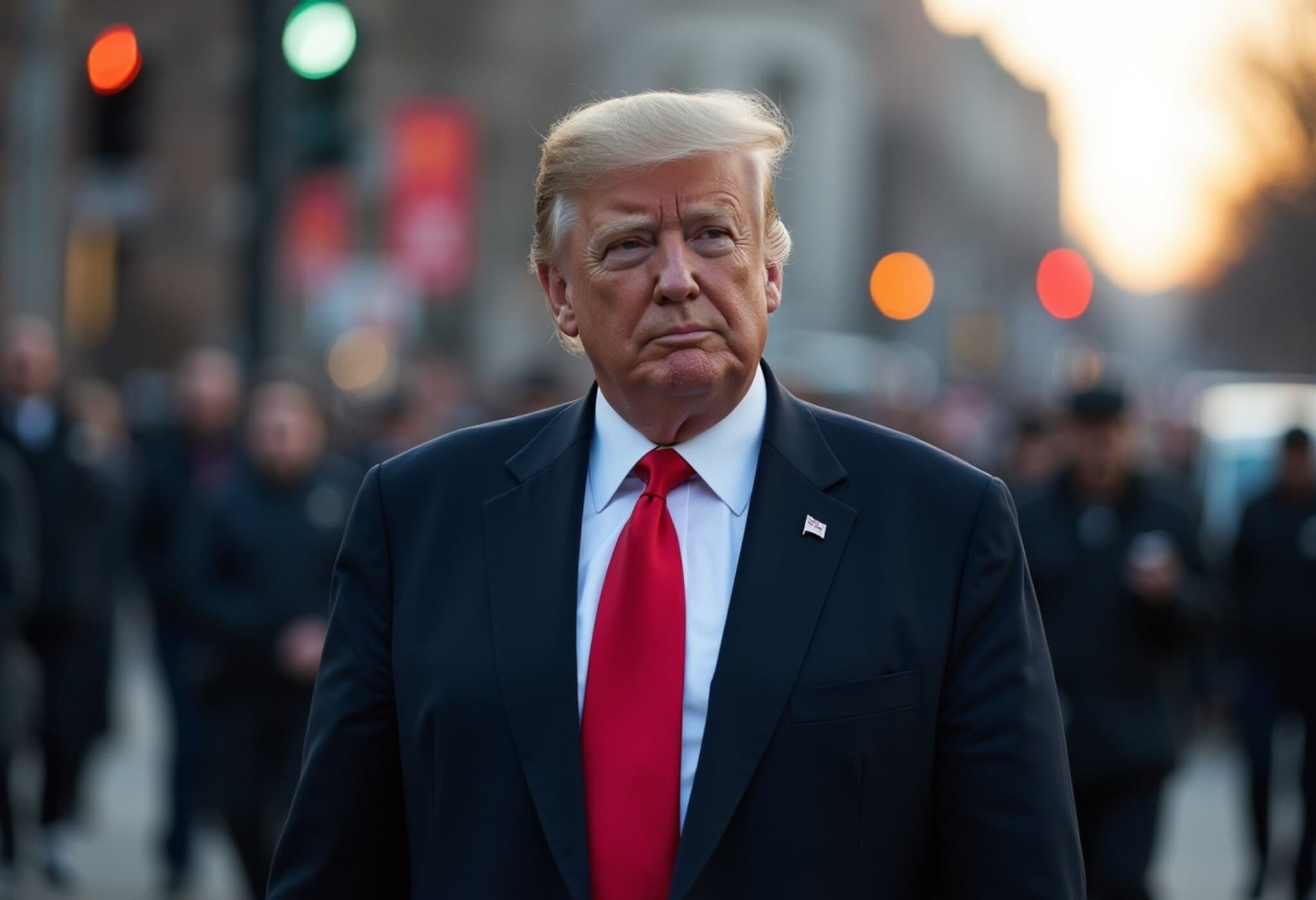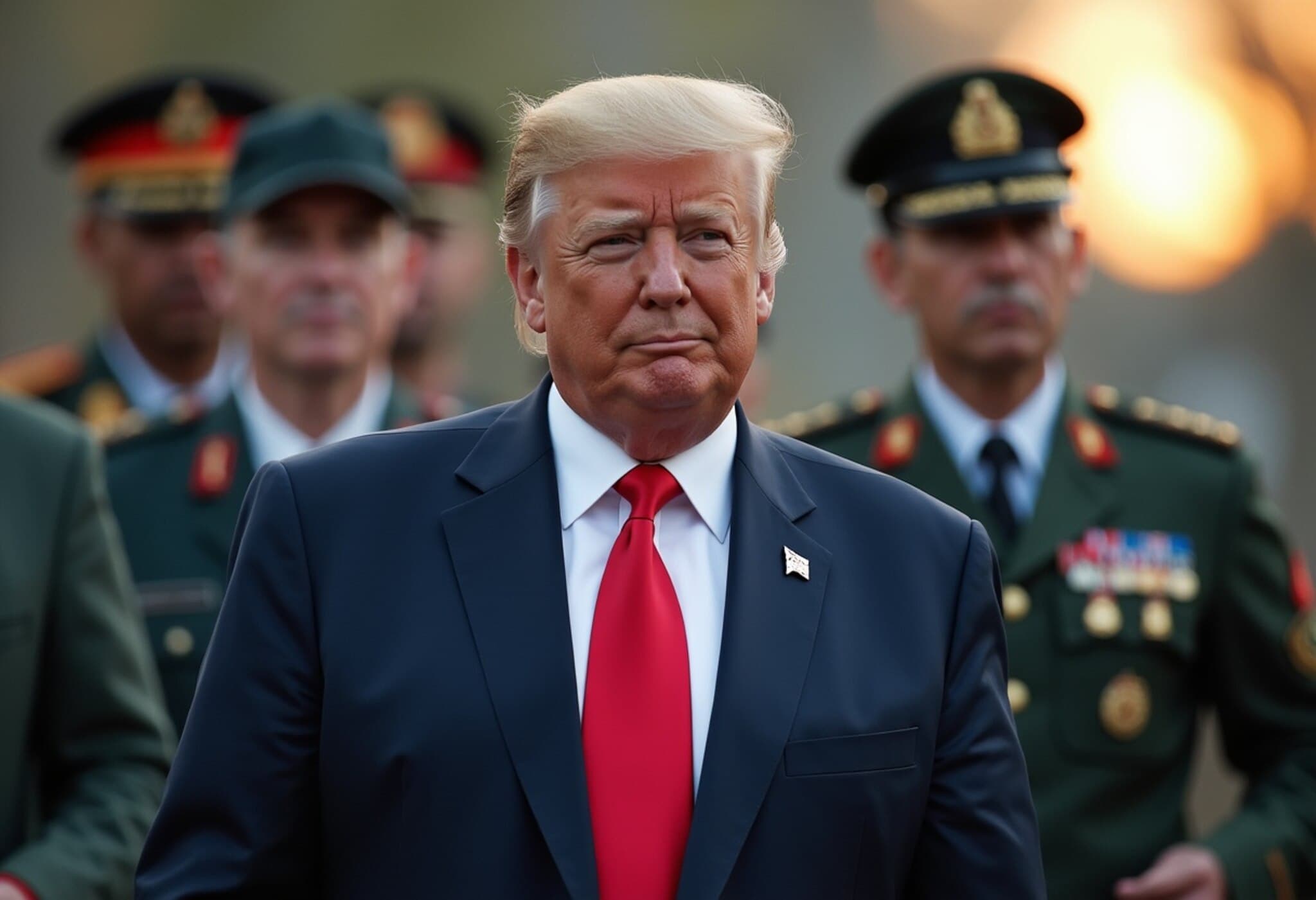Defense Secretary Pete Hegseth Signals Potential Defiance of Court Ruling
During a Senate Armed Services Committee hearing, US Defense Secretary Pete Hegseth stunned lawmakers by implying he might defy a federal court order limiting the deployment of National Guard troops and Marines in Los Angeles. His remarks left Democrats perplexed and raised concerns about possible executive overreach.
Background: Troop Deployment Amid LA Protests
The controversy surrounds the deployment of federal troops to Los Angeles, where ongoing protests have sparked tension. These protests followed aggressive immigration raids led by US Immigration and Customs Enforcement (ICE). Last week, a federal judge ruled that command of the National Guard troops should be returned to California Governor Gavin Newsom, a Democrat, effectively challenging the Trump administration’s authority over the force.
Hegseth Echoes Administration’s Hardline Stance
Though an appeals court temporarily blocked the judge’s ruling, Hegseth’s comments on Tuesday gave the impression the administration is prepared to resist legal challenges. He stated, "I don’t believe district courts should be determining national security policy. When it goes to the Supreme Court, we’ll see." When asked if they would comply with the Supreme Court’s eventual decision, he responded, "If the Supreme Court rules on a topic, we will abide by that."
Republican senators, hoping to focus on the Pentagon’s budget for the upcoming fiscal year, expressed frustration as the hearing veered into debates over troop deployments and the handling of protests.
Debate Over Troop Authority and Rules of Engagement
Senator Elissa Slotkin questioned whether troops had orders to arrest protesters or use force. Hegseth clarified that troops were authorized only to detain protesters temporarily if necessary for self-defense and hand them over to ICE agents, denying any authority to make arrests themselves.
Regarding the use of force, Hegseth deflected with humor when asked if troops could shoot protesters in the legs, commenting, "Senator, I’d be careful what you read in books and believe in, except for the Bible." This exchange drew exasperated reactions from lawmakers.
Wider Concerns Over Military and Political Issues
The hearing also touched on US strategy concerning the escalating Israel-Iran conflict. Hegseth acknowledged the Pentagon has contingency plans for numerous scenarios but refrained from detailing any specifics related to regime change in Iran.
Another contentious topic was Hegseth’s directive to reverse the renaming of military bases that had been changed by a former president to remove Confederate names. Senators criticized the decision for its lack of communication with the families of veterans honored by the original renamings. Despite this, Hegseth declined to halt the reversals, promising instead to find alternative ways to recognize veterans.
Democratic Pushback and Departmental Turmoil
Democrats vocally challenged Hegseth’s management amid reports of discord among his top aides. Questions about leadership and the direction of the Defense Department dominated the session, highlighting deep partisan divides and concerns about the administration’s approach to governance and constitutional norms.
Looking Ahead
As tensions between federal authority and state leadership escalate, the clash over troop deployments in Los Angeles stands as a vivid example of broader legal and political battles shaping the nation's governance. The ultimate resolution will likely depend on how the courts rule and whether the administration chooses to comply fully with judicial decisions.

